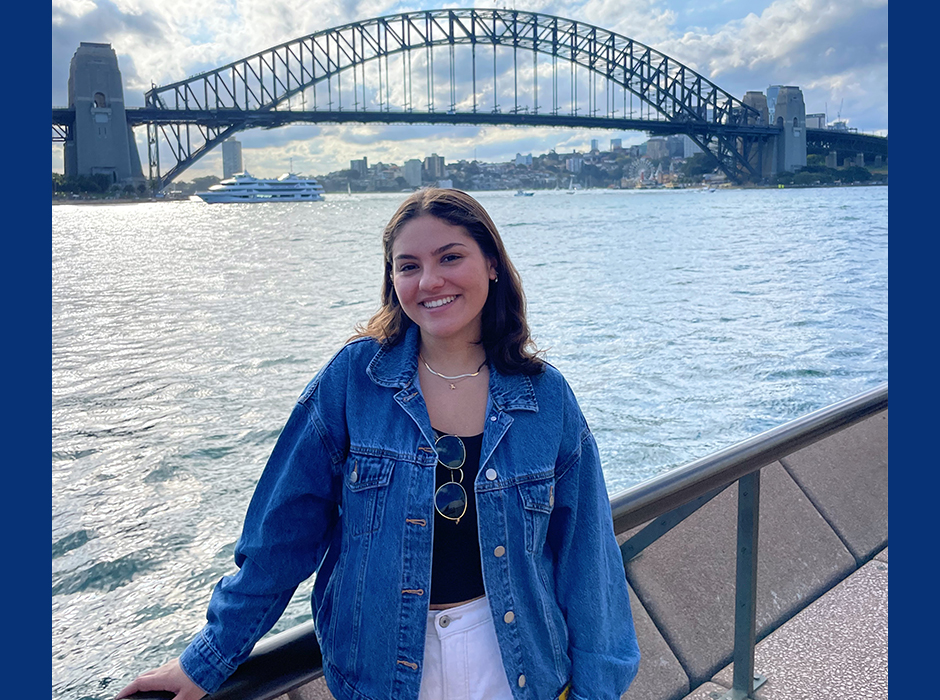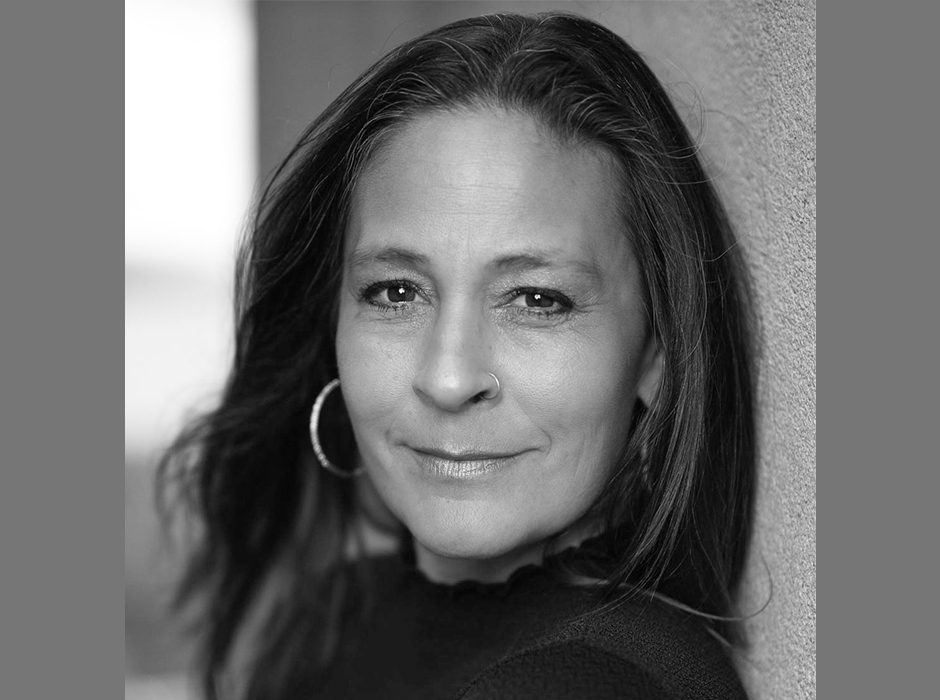
Sydney Rodriguez, a third-year studying Public Health and Neuroscience, won the student fiction section with The Deer, a story set in New England.
An English Literature PhD candidate and a public health/neuroscience student are the winners of the student section of Writer 2023, the University of Otago’s annual creative writing competition.
Kim Cope Tait, who is in her first year of a critical/creative thesis in English Literature won the poetry section with Bloody Mess, a poem that transverses desire and trauma; while Sydney Rodriguez, a third-year studying Public Health and Neuroscience, won the student fiction section with The Deer, a story set in New England.
Both say they are humbled to feature alongside the other category winners:
- Student poetry: Kim Cope Tait
- (Runner up: Kathy Nam)
- Student fiction: Sydney Rodriguez
- (Runner up: Judah Song)
- Staff poetry: Mandy Phipps-Green
- (Runner up: Melissa Audeau)
- Staff fiction: Molly Crighton
- (Runner up: David Jenkins)
- Alumni poetry: Val O'Reilly
- (Runner up: Charissa Murphy)
- Alumni fiction: Caellin (Monti) Rodgers
- (Runners up: Anne Lim and Feby Idrus)
The full winning entries can be found here: https://www.otago.ac.nz/english-linguistics/programmes/writing/competition/writer-2023-winning-entries
Tait is a published poet (Shadow Tongue and Element) whose thesis is looking at three queer, Indigenous women writers: Hinemoana Baker (Ngāi Tahu, Ngāti Raukawa, Ngāti Toa and Te Āti Awa), No’u Revilla (‘Oiwi), and Natalie Diaz (Mojave American).
Her winning poem Bloody Mess is one of a collection of works she will submit for the what her supervisor, Lynley Edmeades, calls the “performative” aspect of her critical/creative thesis – which is about establishing personal sovereignty through poetry.
“I feel incredibly grateful for the opportunity to be considered and to have had my poem selected among the winning pieces. There’s so much talent and there are so many voices; it’s humbling to be recognised among them,” she says.
Her imagery resonated with judge, current University of Otago Burns Fellow Kathryn van Beek – who says it “shines with brilliant imagery and expert use of language.”
“I love the evocative lines such as 'animal want stirs in my heart, breaks open like an egg', 'you are the fox skulking at the edge of the wood', and 'trauma is a blade with no hilt. No way to handle it without the bleeding’.”
Rodriguez, who is from the US state of Connecticut, was inspired to write The Deer on walks in New Zealand – which she notes are very different from walks at home as she does not have to worry about wild animals.
Van Beek was impressed with her story which she describes as a “lyrical tale with a strong sense of place (New England) and an edge of danger.”
“Beautiful use of imagery, e.g. 'yellow eyes peeking through the black night' and 'that pack of coyotes is perched on the hill'. I felt as though I was sitting with the narrator on the back porch, sipping iced tea while being bitten by mosquitoes (in the best possible way).”
For the second year in a row, the contest was open to alumni in addition to staff and students, and both the turnout and standard were very high – with sex, murder and diarrhoea among the topics explored in the nearly 100 entries.
Van Beek says other ideas explored included the place of artificial intelligence in society, the wonders of the natural world, and of course, Barbie (or more specifically, Ken).
“After Ken, the tūī is the character that makes the most appearances in these lively and intelligent stories and poems, which demonstrate the incredible wealth of creative talent in the University of Otago whānau.”
She says different writers had different takes on the 2023 competition theme: “the getting of wisdom.”
“For some, wisdom can be gained by paying attention to the world around us. For others, wisdom can be found within ourselves, or be passed down through generations. Many characters stumble in their quests to gain wisdom, making for playful and amusing scenarios.”
She says all of this year’s entrants should be proud of their work.
“Each piece is thoughtful, funny, lyrical, well-structured, or emotionally moving, and many pieces have all of these qualities. Though Artificial Intelligence is a common theme, the compassionate hearts and curious minds of these writers reassure me that computers are no match for us yet. Aldous Huxley wrote: “Words can be like X-rays if you use them properly – they’ll go through anything. You read and you’re pierced.” The writers in the University of Otago whānau can be commended for their X-ray words that reveal much about the human condition.”
The competition was established in 2019 as part of the University’s 150th celebrations. It is organised by University Publications Editor Lisa Dick and English and Linguistics Programme Senior Teaching Fellow Nicola Cummins and supported by University Book Shop, Otago University Press, Dunedin City of Literature, Otago Access Radio and the Otago Daily Times.

Kim Cope Tait, who is in her first year of a critical/creative thesis in English Literature won the poetry section with Bloody Mess, a poem that transverses desire and trauma.